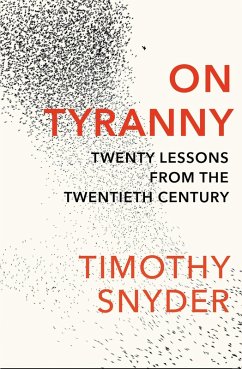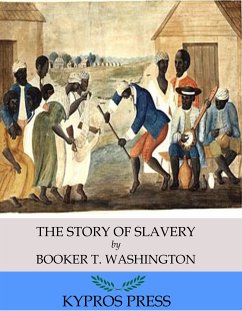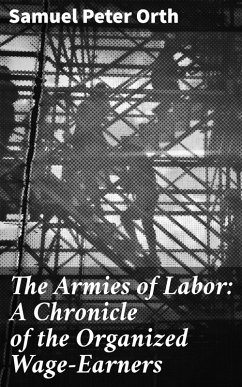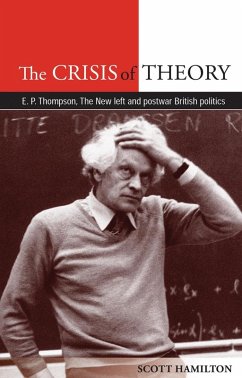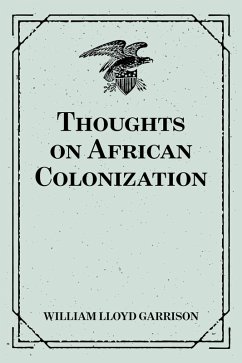
African and European Addresses (eBook, ePUB)
Versandkostenfrei!
Sofort per Download lieferbar
1,99 €
inkl. MwSt.
Weitere Ausgaben:

PAYBACK Punkte
0 °P sammeln!
In "African and European Addresses," Theodore Roosevelt offers a collection of speeches and writings that reflect his deep engagement with the global stage during the early 20th century. Through a rich tapestry of rhetoric inspired by both his travels and diplomatic encounters, Roosevelt employs a vigorous and assertive literary style that mirrors his dynamic personality and robust views on imperialism, international relations, and conservation. These addresses not only illuminate the complexities of colonialism during this transformative period but also provide insights into Roosevelt's progr...
In "African and European Addresses," Theodore Roosevelt offers a collection of speeches and writings that reflect his deep engagement with the global stage during the early 20th century. Through a rich tapestry of rhetoric inspired by both his travels and diplomatic encounters, Roosevelt employs a vigorous and assertive literary style that mirrors his dynamic personality and robust views on imperialism, international relations, and conservation. These addresses not only illuminate the complexities of colonialism during this transformative period but also provide insights into Roosevelt's progressive beliefs about the responsibilities of nations and the interconnectedness of humanity. Theodore Roosevelt, the 26th President of the United States, was profoundly influenced by his experiences as a naturalist, soldier, and politician. His passions for exploration and diplomacy are evident throughout this work, driven by a belief in America's role on the world stage. Roosevelt's tenure was marked by significant international and domestic challenges, including the frontier thesis and the establishment of national parks, shaping his perspectives on both nature and humanity's moral obligations. "African and European Addresses" is a valuable read for those interested in the intersections of history, politics, and environmentalism. Roosevelt's eloquent prose and prescient insights offer timeless reflections that encourage readers to consider the lasting impact of leadership on both national identity and global relationships.
Dieser Download kann aus rechtlichen Gründen nur mit Rechnungsadresse in A, B, BG, CY, CZ, D, DK, EW, E, FIN, F, GR, H, IRL, I, LT, L, LR, M, NL, PL, P, R, S, SLO, SK ausgeliefert werden.




